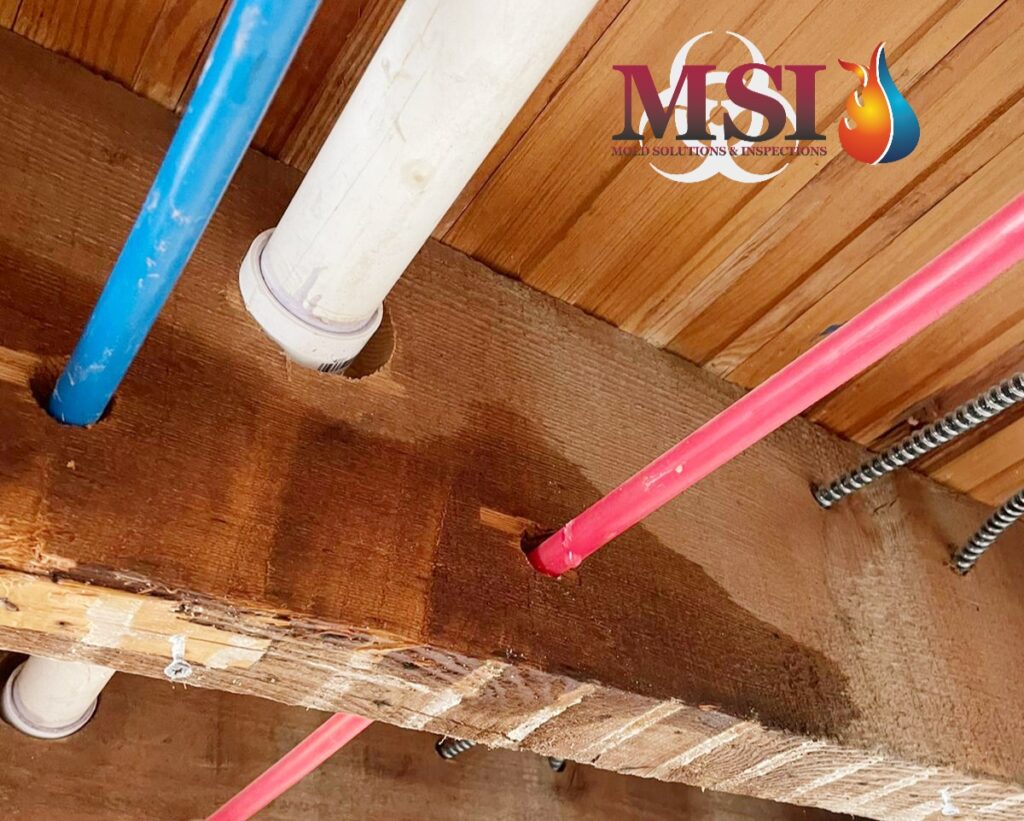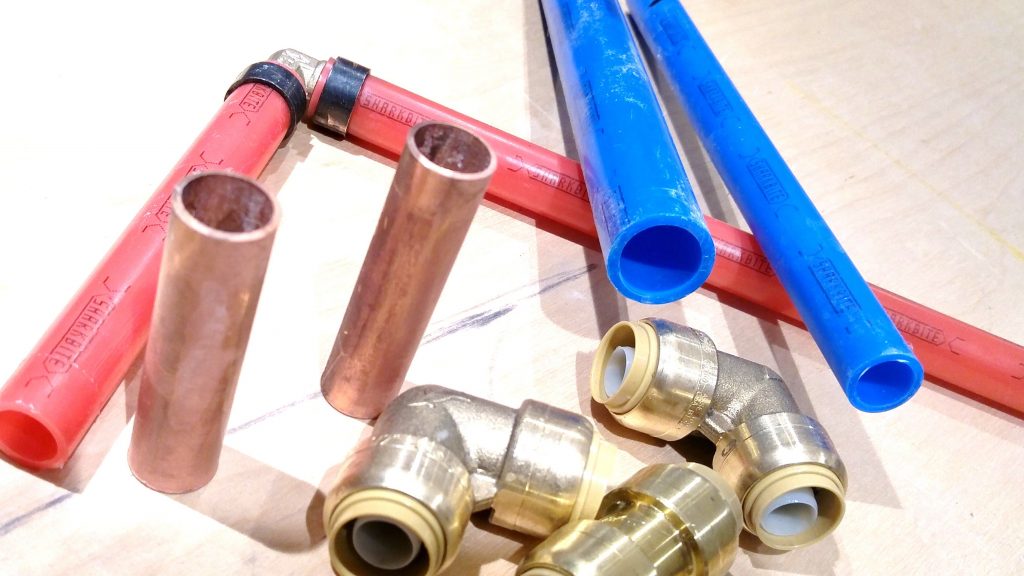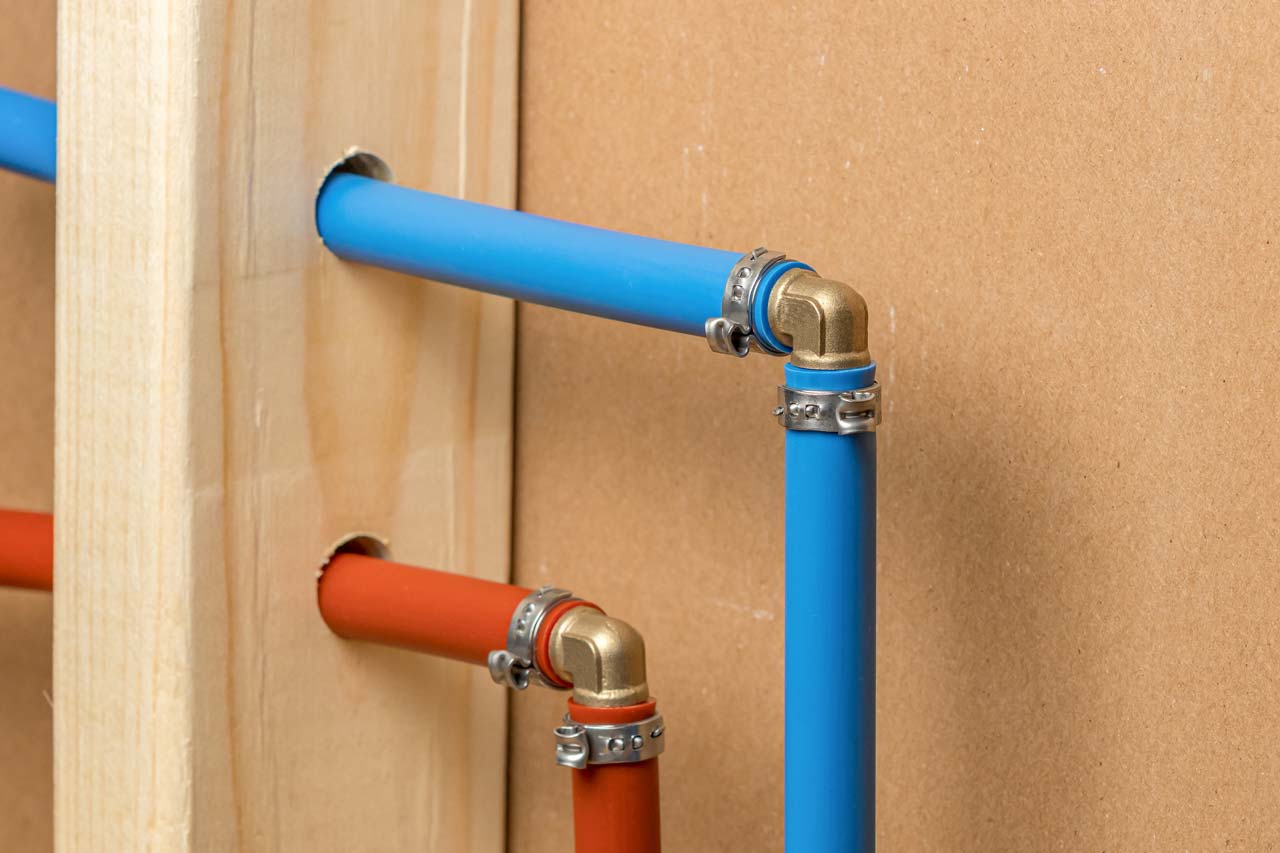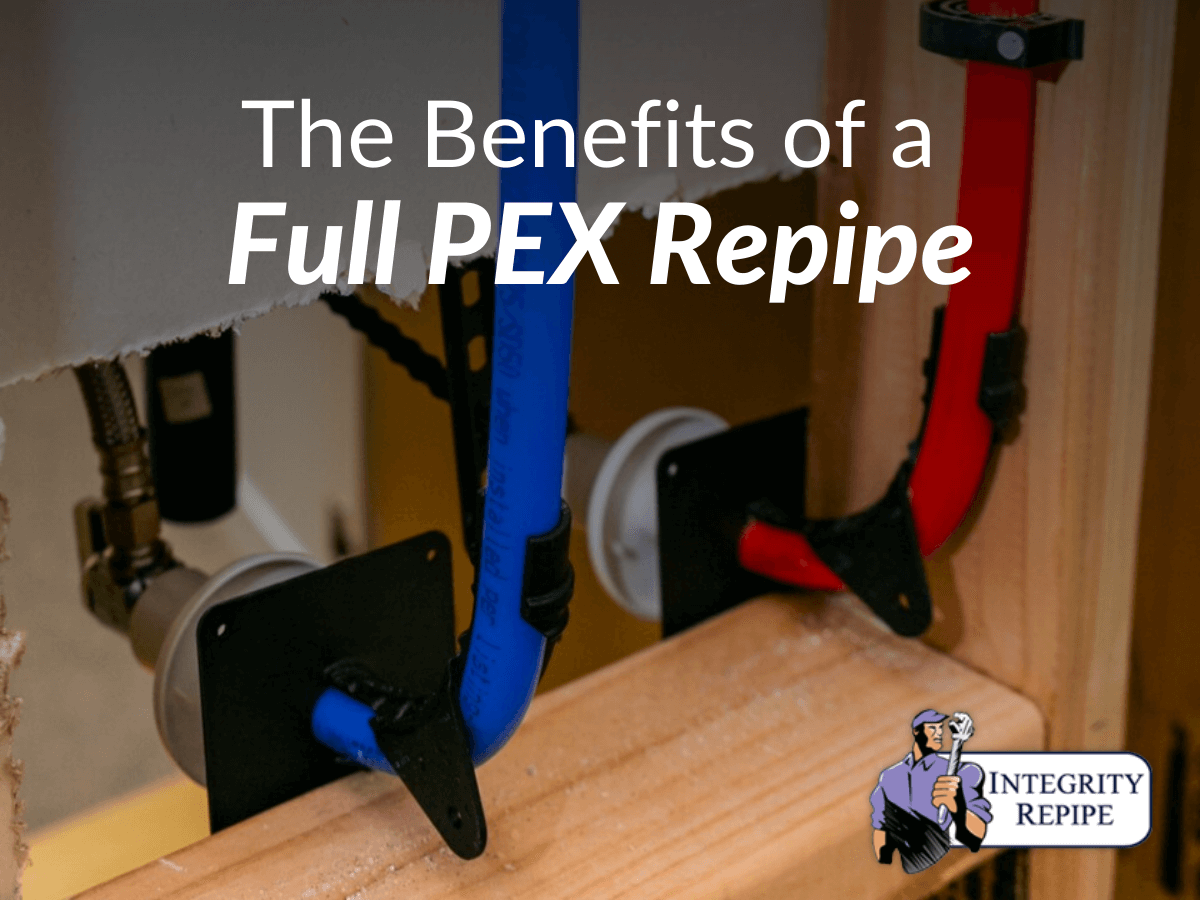Will Pex Pipe Freeze And Burst

Frequently Asked Questions: PEX Pipe and Freezing
PEX (cross-linked polyethylene) pipe has become a popular choice for plumbing systems due to its flexibility, durability, and ease of installation. However, homeowners and facility managers often wonder about its performance in freezing temperatures. This FAQ addresses common concerns about PEX pipe and its susceptibility to freezing and bursting.
Q: Will PEX pipe freeze?
Yes, PEX pipe will freeze if exposed to temperatures below freezing for an extended period. No type of pipe is immune to freezing if the water inside it reaches 32°F (0°C). While PEX offers some advantages over copper or PVC in freezing conditions, it's crucial to understand that it's not freeze-proof, just more freeze-resistant.
Q: Is PEX more resistant to bursting when frozen than copper or PVC?
Yes, generally speaking, PEX is more resistant to bursting than copper or PVC when frozen. This is because of PEX's inherent flexibility. When water freezes, it expands. PEX pipe can expand to accommodate this expansion to a certain degree without fracturing or bursting. Copper is rigid and offers very little give. PVC, while somewhat flexible, can become brittle in cold temperatures and is more likely to crack. However, several factors can influence the outcome:
- The degree of the freeze: A mild freeze may cause minimal issues, while a severe, prolonged freeze can overwhelm even PEX's capabilities.
- The quality of the PEX pipe: Not all PEX is created equal. Higher-quality PEX is likely to be more flexible and resistant to bursting.
- The installation method: Improperly installed PEX, particularly with tight bends or kinks, can create weak points that are more susceptible to failure.
- Pressure in the system: High water pressure exacerbates the problem. Reducing water pressure during cold snaps can provide an additional layer of protection.
- Exposure to UV light: While primarily an issue for outdoor installations, prolonged UV exposure can degrade PEX over time, making it more brittle.
It's important to remember that even though PEX is more resistant, it's still essential to take preventative measures to protect your pipes from freezing.
Q: What steps can I take to prevent PEX pipe from freezing and bursting?
Preventing freezing is the best way to protect your PEX pipes. Here are some effective strategies:
- Insulate pipes: This is one of the most effective methods. Insulate exposed pipes, especially those in unheated areas like basements, crawl spaces, attics, and exterior walls. Use pipe insulation sleeves, heat tape, or even wrap the pipes with towels and plastic sheeting.
- Seal cracks and openings: Cold air infiltration can dramatically lower the temperature around your pipes. Seal any cracks or openings in walls, foundations, and around pipes to prevent drafts. Pay particular attention to areas where pipes enter the building.
- Let faucets drip: A slow, steady drip of cold water can keep the water moving within the pipes and prevent it from freezing. Focus on faucets that are furthest from the water meter or those on exterior walls. Even a very small drip can make a difference.
- Keep cabinet doors open: Open cabinet doors under sinks, especially in kitchens and bathrooms located on exterior walls, to allow warm air to circulate around the pipes.
- Maintain adequate heating: Ensure that your heating system is functioning properly and that your home is adequately heated, even when you are away. Set the thermostat no lower than 55°F (13°C).
- Consider heat tape or heat cable: For pipes that are particularly vulnerable to freezing, such as those in unheated areas or along exterior walls, consider installing electric heat tape or heat cable. Follow the manufacturer's instructions carefully.
- Know where your main shut-off valve is: In the event of a burst pipe, knowing how to quickly shut off the water supply can minimize damage. Locate and label the main shut-off valve and ensure that everyone in the household knows how to operate it.
- Maintain Good Water Flow: During periods of extreme cold, flush toilets more frequently and use washing machines or dishwashers to keep water moving through pipes.
- Consider a whole-house water shutoff system: These systems can automatically detect leaks or drops in pressure caused by freezing and shut off the water supply to prevent major damage.
Q: If my PEX pipe freezes, what should I do?
If you suspect your PEX pipe has frozen, act quickly but cautiously:
- Don't panic: The pipe may not have burst yet.
- Turn off the water supply: If you suspect a frozen pipe, immediately turn off the water supply to the affected area at the main shut-off valve. This will help prevent further damage if the pipe bursts.
- Open faucets: Open the faucets served by the frozen pipe. As the ice melts, the water will have somewhere to go, relieving pressure and reducing the risk of bursting.
- Apply heat gradually: Use a hair dryer, heat lamp, or space heater to gently warm the frozen pipe. Start at the faucet end and work your way back towards the colder section of the pipe. Never use an open flame, such as a torch, as this could damage the pipe and create a fire hazard.
- Monitor for leaks: As the pipe thaws, carefully monitor it for leaks. If you see any signs of water damage, turn off the water supply again and call a plumber.
- Call a plumber: If you are uncomfortable thawing the pipe yourself, or if you suspect that the pipe has already burst, call a qualified plumber immediately.
- Check other pipes: It's likely that if one pipe froze, others may have also been affected. Check all exposed pipes for signs of freezing.
Q: Does the type of PEX (A, B, or C) affect its freeze resistance?
Yes, the type of PEX can influence its freeze resistance, although the differences are relatively minor. Here's a general comparison:
- PEX-A: Considered the most flexible and has the highest degree of cross-linking. This makes it generally the most resistant to damage from freezing. It can also often be repaired with an expansion fitting after freezing, depending on the severity.
- PEX-B: Less flexible than PEX-A and has a slightly lower degree of cross-linking. It's still more freeze-resistant than copper or PVC, but slightly less so than PEX-A.
- PEX-C: The least flexible of the three types and generally considered to be slightly less freeze-resistant than PEX-A and PEX-B.
While PEX-A may offer a slight advantage in terms of freeze resistance, all types of PEX benefit from preventative measures to avoid freezing in the first place. The differences in freeze resistance are less significant than factors like insulation, exposure to cold air, and water pressure.
Q: Will my homeowner's insurance cover damage from frozen PEX pipes?
Most homeowner's insurance policies do cover damage caused by burst pipes, including PEX pipes. However, coverage may be subject to certain conditions and limitations. It's crucial to carefully review your policy and understand what is covered and what is not. Here are some important points to consider:
- Negligence: Insurance companies may deny coverage if they determine that the damage was caused by your negligence. For example, if you failed to take reasonable steps to prevent your pipes from freezing, such as insulating them or maintaining adequate heating, your claim may be denied.
- Vacancy: Some policies have restrictions on coverage for homes that are vacant for extended periods of time, especially during the winter months. If your home is unoccupied, you may need to take extra precautions to protect your pipes from freezing.
- Deductible: You will likely have to pay a deductible before your insurance coverage kicks in. The deductible is the amount of money you are responsible for paying out of pocket.
- Types of damage covered: Policies typically cover the cost of repairing the damaged pipes and any resulting water damage to your home and belongings. However, they may not cover the cost of replacing the pipes themselves if they were simply old or worn out.
- Policy limits: Your policy may have limits on the amount of coverage available for certain types of damage, such as water damage. Make sure you have adequate coverage to protect your home and belongings.
It's always a good idea to contact your insurance agent to discuss your coverage and any specific concerns you may have about frozen pipes. Take photos of any damage before making repairs, as this will help support your insurance claim.
Disclaimer: This information is for general guidance only and should not be considered professional plumbing or insurance advice. Always consult with qualified professionals for specific recommendations and guidance regarding your situation.










